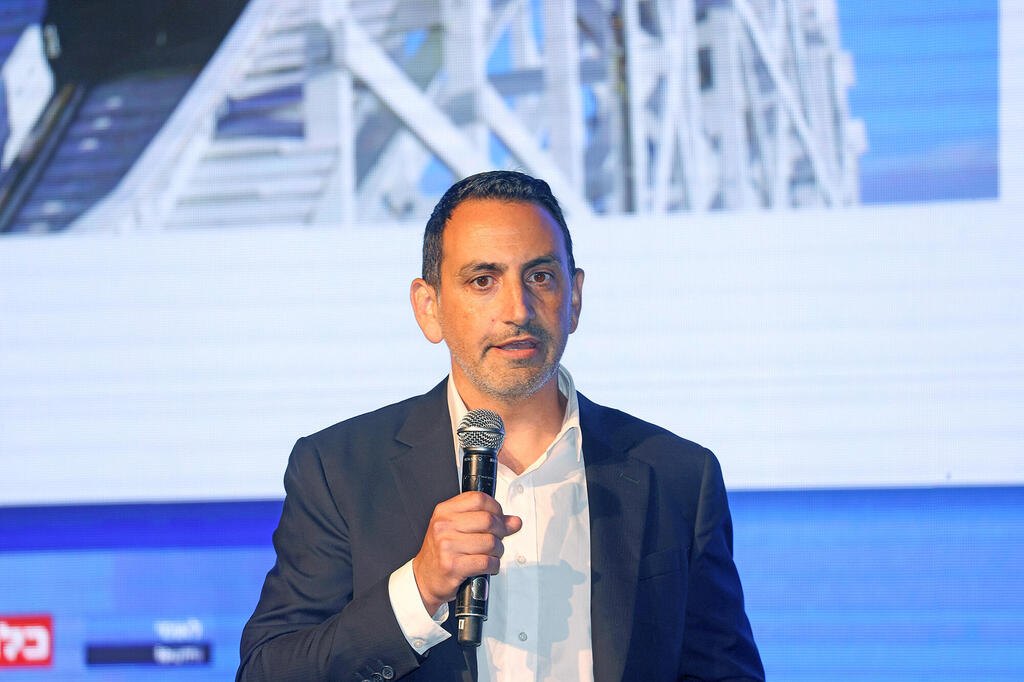
Opinion
Israel's government innovation system structure is leading to an AI failure
"Now, more than ever, Israel must establish a professional, committed, and empowered body that will ensure its status as a global technological leader for decades to come," writes Uri Gabai, CEO of RISE, Israel Research and Policy Institute.
For years, Israel has prided itself on being the "Startup Nation," yet at the height of the greatest technological wave of our generation - the Artificial Intelligence (AI) revolution - the country is lagging behind. The number of local companies developing deep AI solutions is small, Israel is falling in international rankings, and as the State Comptroller has warned that we lack a comprehensive national AI strategy. This is not a coincidence; the root cause lies deep within the structure of the government's innovation system.
Contrary to claims that the free market can handle everything on its own, the government should play a critical role in the early stages of technological revolutions. The government must create the technological, human, and regulatory infrastructure that allows the private sector to thrive in a given field. This is especially true for AI - a technology that will dramatically reshape all aspects of life, affecting most professions, industries, and public services in the coming years.
So how is it that a country like Israel, with its technological strength, is failing to maintain its leadership in AI? The answer is simple: there is no single entity responsible for national innovation policies from start to finish. Instead, there is a patchwork of entities with limited power and authority. The Israel Innovation Authority is legally bound to support only research and development (R&D), the Ministry of Innovation and Science lacks the authority and relevant workforce to lead national policy, the TELEM Forum is a voluntary body without the power to push government decisions forward, and the National Council for R&D lacks the authority to lead a national strategy. The strategic units in the Prime Minister's Office and the Ministry of Finance, while important, do not specialize in innovation. The result is that everyone is responsible, yet no one is truly accountable, which unsurprisingly leads to Israel's ongoing failure in implementing an ambitious innovation policy.
The state's inability to coordinate between different systems and establish national-level programs is not new. A glaring example of this is the severe shortage of high-tech professionals. Addressing this multidimensional challenge required the establishment of an external committee ("Perlmutter Committee"), which, despite conducting serious and thorough work, lacked the authority to implement its recommendations. It is therefore unsurprising that many of the committee's recommendations have yet to be executed.
However, in other areas, when necessity meets determination, the government has managed to establish authoritative and knowledgeable bodies to lead national programs. The Prime Minister's Office currently oversees two national councils: one for the economy and one for national security. While there may be debates over their effectiveness, they at least have the mandate and the proper organizational positioning within the government. At this critical juncture, when Israel's national resilience depends on the strength of its high-tech industry, there is one clear solution: the establishment of a National Council for Innovation and Technology, headed by a senior scientist or technologist who would also serve as the Chief Scientific/Technological Advisor to the Prime Minister. Such a council must have the legal authority to identify national technological challenges, formulate a national strategy, and oversee its implementation.
In recent weeks, there have been many discussions about establishing an AI task force within the Prime Minister's Office. This is indeed an important step, but it is uncertain whether it will achieve the desired effect. In the worst-case scenario, the task force will be staffed by political appointees, fail to gain the trust of other government bodies and the private sector, and end up as just another chapter in the next State Comptroller’s report. In the best-case scenario, the task force will be given broad powers and led by top professionals. But even then, it will remain a limited solution, failing to address other imminent technological challenges, such as quantum computing.
It is time to break the current paradigm, move away from ad-hoc solutions and recommendations that gather dust on the shelf. Now, more than ever, Israel must establish a professional, committed, and empowered body that will ensure its status as a global technological leader for decades to come.
Uri Gabai is the CEO of RISE, Israel Research and Policy Institute.















